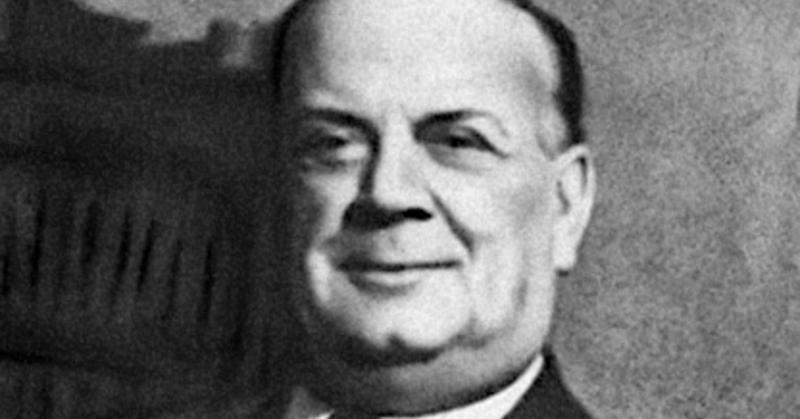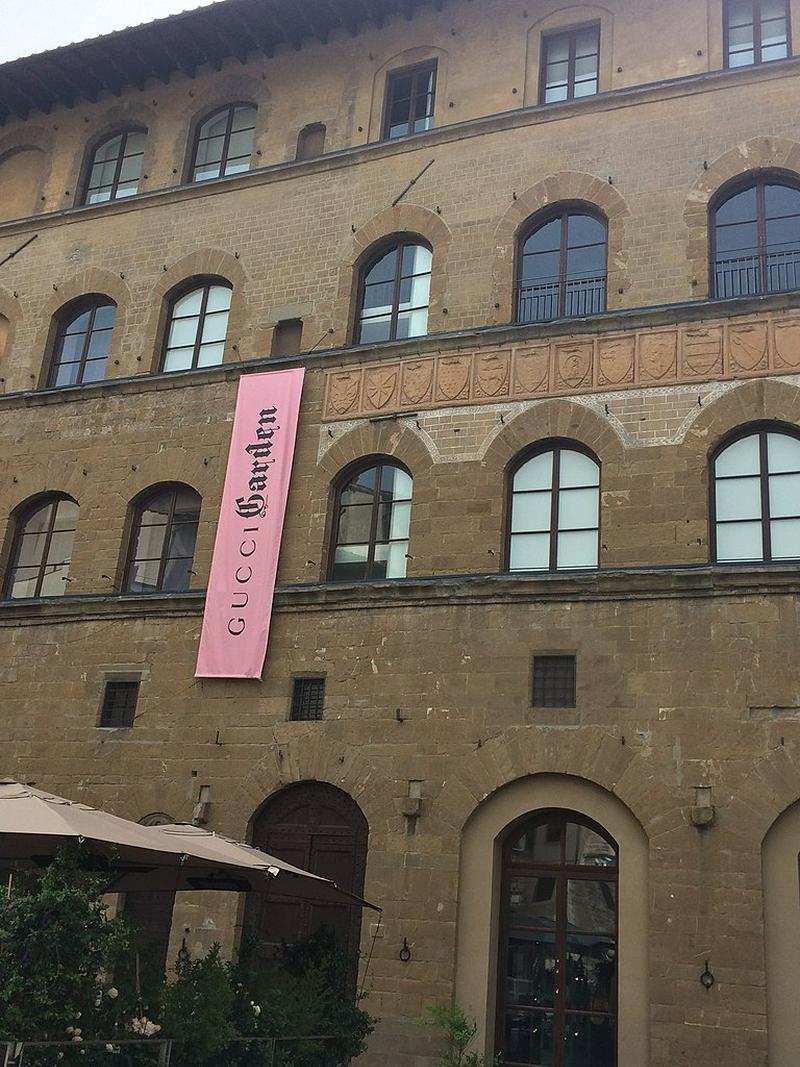Guccio Gucci: Founder Of Gucci And Its Complicated History
By | March 24, 2021

His name is now synonymous with style, luxury, and haute couture, but what do you know about Guccio Gucci, the man behind the famous Gucci fashion brand that's the subject of a star-studded 2021 movie?
Bellhop Turned Businessman
Guccio Gucci was born in Florence, Italy on March 26, 1881. As the son of an Italian merchant, he grew up influenced by the art and history of Florence as well as the commerce of this northern manufacturing center. In 1898, he moved to London and landed his first job at the Savoy Hotel, the pinnacle of luxury accommodations at the time. As a bellhop, dishwasher, waiter, and elevator attendant to the likes of Frank Sinatra, Winston Churchill, and Claude Monet, Gucci used his various jobs at the Savoy as a lesson in style. He observed how the wealthy elite behaved, their mannerisms, and their choice of clothing and accessories. He also engaged guests in conversation, building a network of contacts crucial to his future business success.

Becoming Gucci
After a few years in London, Gucci returned to his native Italy and married 24-year-old dressmaker Aida Calvelli in 1901. A little more than 20 years later, he invested all of the money he'd saved over the years in his own shop on the well-known Via della Vigna Nuova in Florence, which he stocked with fine imported luggage from England and Germany as well as his own custom-made designs. His shop was so successful that he added a workshop in the back and brought in some of the best artisans in the region to make custom leather bags. He also began producing a line of top-quality saddlebags and horse harnesses, recognizing the untapped market in accessories for one of the wealthy's favorite hobbies.
Gucci's four sons, Aldo, Rodolfo, Ugo, and Vasco, soon joined their father in his business; in fact, it was Aldo Gucci who designed the now-iconic double-G logo for the Gucci brand in 1933. By then, business was so good, especially among international customers, that Gucci opened another boutique in Rome.

A Trade Embargo
Just as it was starting to gain international recognition, however, political turmoil in Italy nearly ended the Gucci brand. After Benito Mussolini sent Italian troops to invade Ethiopia in 1935, the League of Nations imposed an international trade embargo on the country, which meant Gucci could no longer sell his products across Europe. He needed to revamp his business strategy if he wanted to stay in business, so he decided to expand his product line to offer accessory items like belts, wallets, and shoes. World War II meant that his signature leather was in short supply, however, so instead, Gucci crafted the accessories from a woven hemp called Tuscan canapa. The bags were an instant hit and can still be purchased today. In fact, it's one of the brand's most recognizable products.

Passing The Torch
In 1953, Guccio Gucci died, and his business was divided among his three sons along with the real estate and money and stuff. Vasco took over operations in Florence while Rodolfo opened another boutique in Milan and Aldo opened the first Gucci boutique outside Italy in New York City. American style icons from Jackie Kennedy to Elizabeth Taylor fell in love with the brand, and over the next several years, the Gucci family opened boutiques in Paris, London, and Beverly Hills.
That doesn't mean all was smooth sailing. Ugo Gucci, the patriarch's adopted son from Aida's first marriage, and the couple's only daughter, Grimalda, were left out of the will, and they weren't happy about it. Grimalda Gucci sued for what she saw as her share of the inheritance and lost in court, but it might have been for the best. Also, who resented sharing the company with the Italian Gucci contingent when he was the one generating so much of its profit, and his brothers were no picnic to work with. Still, the company prospered under the Gucci brothers, only to experience more drama when the company passed to the third generation, where 2021's House Of Gucci picks up.

